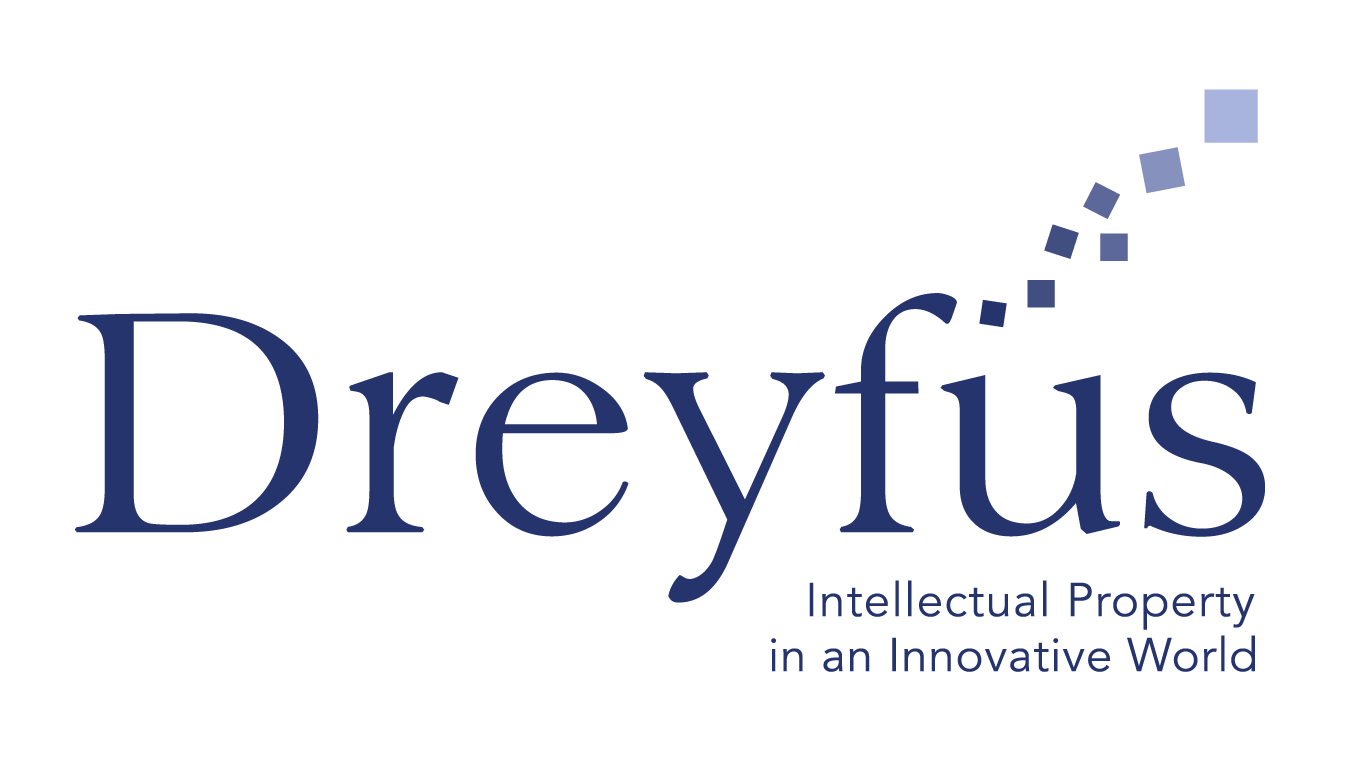Image generated by DALL E 3 Microsoft version
In the modern digital landscape, a strong online presence is essential for the success of a business. However, the pursuit of online visibility can lead to questionable practices, including the illicit use of trademarks for internet referencing. Both in France and at the European level, such actions can sometimes be deemed as trademark infringement, potentially leading to criminal penalties for those involved.
A pivotal clarification was made by the French Court of Cassation on October 18, 2023. In decision number 20-20.055, the court ruled that using someone else’s trademark as a meta-tag or keyword in online content is allowed under a specific condition: it must not mislead or confuse internet users about the source of the goods and services being advertised. This decision emphasizes the importance of clarity in online advertising, ensuring that consumers are not deceived about the origin of products or services they find online.
The Legal Framework of Trademark Use in France and Europe
In France, the illicit use of trademarks is clearly defined as an infringement of trademark law. This includes copying, using, or imitating a registered trademark to market similar products or services. The European Union’s introduction of the “trademark package” on December 15, 2015, has further empowered trademark owners. This legislative update has broadened the scope of actions that trademark owners can challenge as infringements of their rights.
In the digital world, trademark infringements frequently materialize through the registration of domain names imitating existing trademarks, or the use of these as keywords for search engine optimization. Such methods can be considered as violations of trademark rights by the judicial authorities, both in national jurisdictions in France and at European level. This legislative approach demonstrates a commitment to safeguarding the rights of brand owners in the digital context, by ensuring the protection of brand identity and integrity against unauthorized online exploitation.
Background to the judgment
AQUARELLE, a company specializing in online flower sales, initiated trademark infringement proceedings against SCT. At the heart of the case was SCT’s use of the “AQUARELLE” trademark as a keyword for internet referencing.
SCT had acquired the term “AQUARELLE” via the Google Adwords platform, resulting in users being redirected to their website (www.lebouquetdefleurs.com) via a link promoted under the title “Bouquets Toutes Occasions -lebouquetdefleurs.com”. This site, falsely presenting itself as the “official site”, used terms relevant to the field of floral delivery in its descriptions and integrated the AQUARELLE trademark into its source code with the aim of improving its positioning on search engines, even though this manipulation was not directly visible to web users through their searches.
Court decision
The decision of the French Court of Cassation, dated October 18, 2023, established an important principle concerning the use of third-party trademarks in a website’s meta-tags. It was affirmed that trademark owners are entitled to object to the use of their trademark in the source code of a site, provided they can prove that such use suggests a link with their products or services, thereby creating a risk of confusion for the consumer. Thus, a complaint concerning the use of trademarks in meta-tags is only admissible if it demonstrates a potential risk of confusion for consumers. This ruling is in line with previous decisions of the European Court of Justice dated March 23, 2010.
Conclusion
The evolution of trademark law in the digital space, particularly with regard to the use of trademarks in meta-tags and digital advertising, highlights a delicate balance between improving online visibility and respecting intellectual property rights. The Court of Cassation’s ruling of October 18, 2023 marks a crucial milestone, clarifying that while digital use of trademarks is permitted, it must not mislead consumers as to the origin of products and services. This decision strengthens the rights of brand owners, while fitting into the broader legal framework of the European Union, ensuring the protection of brand integrity in the digital age.
For market players and SEO professionals alike, it is becoming essential to navigate digital marketing strategies with care, respecting both national and European legal frameworks. This highlights the importance of transparency and ethical advertising practices, ensuring that the use of trademarks does not violate the rights of others or mislead consumers.
Our firm, Dreyfus & associés, offers unrivalled expertise in guiding companies through the complexities of this legislation, providing strategic advice to ensure that their online marketing initiatives are not only effective but also compliant with current trademark regulations.
Have your say: Follow us on social networks!

